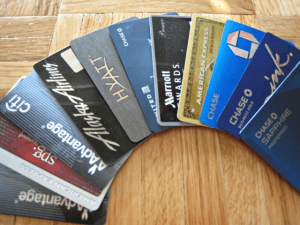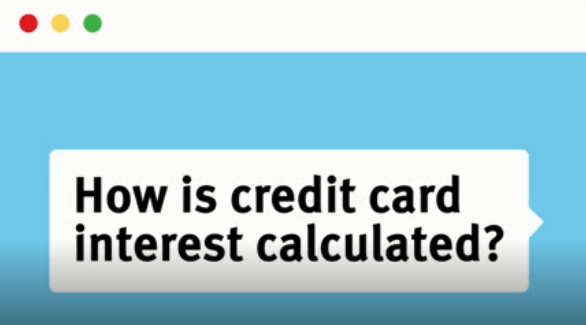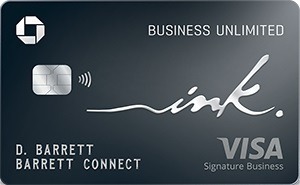 If you own a credit card, chances are you might have noticed interest charges on your account every month. That is because you currently hold a balance on your credit card that needs to be paid.
If you own a credit card, chances are you might have noticed interest charges on your account every month. That is because you currently hold a balance on your credit card that needs to be paid.
Don’t worry, you aren’t the only one, in fact, half the American credit cards out there must pay interest because they have a balance on their account. Continue reading if you’d like to learn how to make the best financial decisions and to learn How Credit Card Interest Work!
What Is My Interest Rate?
Any credit card purchases you make will be accompanied by a standard interest rate called the Annual Percentage Rate, or APR. This amount will vary depending what card you use and the credit score of the person. Although APR is expressed in years, credit card companies will use it to calculate charges on your monthly credit card payments. The APR can vary and can be used for longer or shorter time periods.

How Is It Calculated?
If you’d like to keep track of how much interest you’re paying, there are some ways to calculate that interest. First, divide your APR by 365 to convert it into a daily percentage rate. At the end of each day, multiply your current balance of your credit card by the daily rate to figure out your daily interest charge. That charge will be added to your balance the next day, a process known as compounding.
When Is The Best Time To Pay?
Here’s a huge secret about credit card interest: credit card companies usually give a grace period to their customers. Basically, during the grace period, the credit card company will not charge you interest on any purchases you make if you pay your entire balance by the due date of each month.
On the other hand, if the cardholder does not make a complete payment of their balance by the due date, the cardholder gives up their grace period, and the interest charges will show up on the next statement. Check your cardmember agreement for the specifics. Here are some more important facts to make a note of:
- Separate interest rate expenses and charges can appear on a cardholder’s cash advance balance and balance transfer balances. Additionally, many credit cards will actually charge cardholders a higher penalty interest rate if they fail to make payments.
- Most credit card variable interest rates can actually change with Prime Rate, which is an interest rate that is three percentage points above the federal funds rate, which is determined by the Federal Reserve Bank. This rate can increase, so cardholders should gather interest charges that they cannot comfortably afford to pay.
Bottom Line
Credit Card Interest can sneak up on you and add unnecessary costs to your bill on top of the things you already have to pay for. Avoid with the tips provided above! Learn some of the basic ways credit card companies charge you interest and why they even appear on your bank statements.
This post gives you the tools you need to start your decision making process in choosing a new credit card that’ll benefit you. Interested in a variety of credit cards? Check out our list of the latest Credit Card Promotions!
 | BMO Bank Checking: Open a new BMO Smart Money Checking Account and get a $400 cash bonus* when you have a total of at least $4,000 in qualifying direct deposits within the first 90 days. Learn More---BMO Checking Review *Conditions Apply. Accounts are subject to approval and available in the U.S. by BMO Bank N.A. Member FDIC. $4,000 in qualifying direct deposits within 90 days of account opening. |
 | Chase Ink Business Unlimited® Credit Card: New cardholders can enjoy a welcome offer of $750 bonus cash back after you spend $6,000 on purchases in the first 3 months from account opening. Click here to learn how to apply--- Review |



